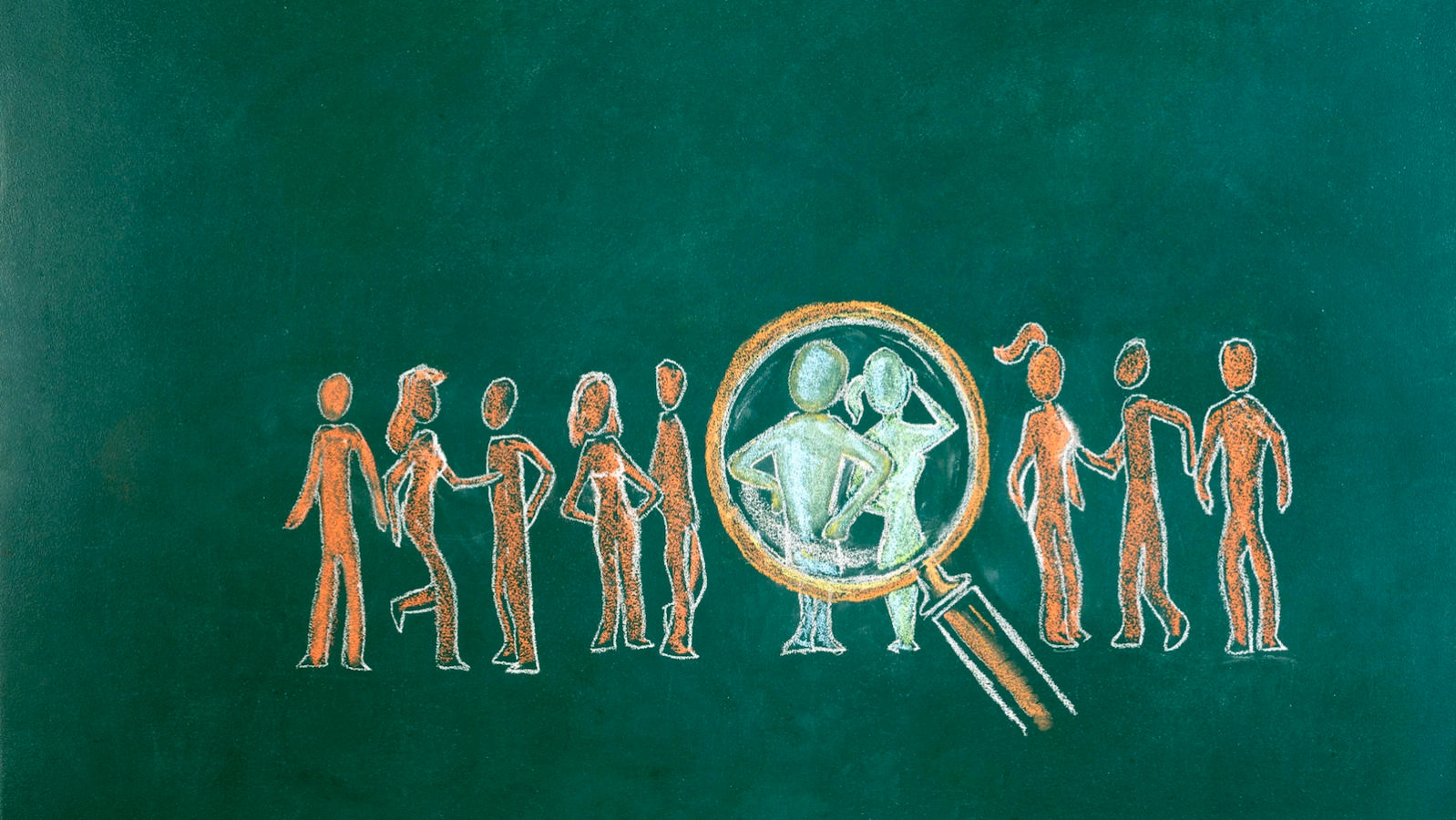The Hebrew Bible contains legal boundaries designed to maintain social and cultural distinctions between Jews and gentiles. In Leviticus 18:3, God commands the Israelites not to copy the practices of the Egyptians and Canaanites. A similar injunction appears in Leviticus 20:23 where the Israelites are urged not to follow be-hukkot ha-goy, in the ways of the nation of Canaan.
In their immediate context, the practices referred to are sexual acts, detailed in these chapters of Leviticus. However, the concept of hukkot ha-goy–the ways that non-Jews do things–was later extended to include other practices. In one rabbinic source, written during Roman times, attendance at theatees and circuses is given as an example of forbidden hukkot ha-goy.
In addition to the general prohibition on hukkot ha-goy, the Bible is filled with polemics against idolatry. According to rabbinic legislation, idolatry is one of the three sins–in addition to sexual immorality and murder–which a Jew must die for rather than transgress. The prohibition against idolatry is threefold: worshipping idols, worshipping God with pagan rituals, and creating idols.
The rabbis of the Talmud also instituted laws that govern relations with idolaters. Thus it was forbidden to sell something to a non-Jew that he might use for idolatrous worship, and it was forbidden to drink wine used for an idolatrous libation (yayin nesekh), a prohibition later extended to include all gentile wine.
With your help, My Jewish Learning can provide endless opportunities for learning, connection and discovery.
The biblical and rabbinic tradition does recognize that some non-Jews are not idolaters. The ger toshav, or resident alien, was a gentile who lived in Israel and accepted the seven Noahide commandments: six prohibitions–idolatry, blasphemy, murder, sexual immorality, theft, eating flesh from a live animal–together with the requirement to set up courts of justice.
A gentile who lived in Israel and accepted these laws was eligible for Israelite social services. He could share in all the benefits traditionally afforded to the Israelite poor–including the tithe of the third year and the produce of the Sabbatical year. These benefits were important; the resident alien, by definition, did not own land, and was thus usually a relatively poor laborer or artisan.
Non-Jews who weren’t resident aliens–known in the Bible as nokhrim–were not granted the same privileges. They were not eligible for social services or the revocation of debts in the seventh year, and they were subject to usury.
The Talmud is full of laws that pertain to non-Jews, and many of these laws seem to betray negative attitudes about gentiles. Thus according to the Talmud, one doesn’t have to return a gentile’s lost object, because it is assumed that he or she wouldn’t return a Jew’s, and a gentile cannot be a witness in court because it is assumed that gentiles are dishonest. Other laws, such as the prohibition on eating the cooked food of a non-Jew, were meant to limit the interaction between Jews and non-Jews.
However, legal authorities from the rabbinic period on have often tempered restrictive laws mipnei darkhei shalom, in order to maintain positive relations (literally “peace”) with non-Jews, or in order to avoid hillul ha-Shem, a profanation of God’s name, through a negative association with Judaism.
In medieval times, much of the legal and non-legal discussions about non-Jews focused on whether Christianity and Islam were idolatrous religions. The legal ramifications were significant; if these religions were idolatrous, the talmudic laws regarding idolaters would need to be followed, a limitation that could be particularly problematic for business relations.
In modern times there have been new legal issues to address. For example, in ancient and medieval times, when Jewish communities were self-governing, Jews had their own courts, and all legal disputes within the community were settled there. Today, Jewish courts–known as batei din–still exist, but it is also possible to litigate in secular courts. However, some traditional Jews still insist that legal issues between Jews be sorted out in Jewish courts, and complications arise when only one party wishes to do so.
Some modern Jewish authorities have also reexamined laws that were originally intended to distance Jews from idolatry. For example, some liberal authorities have suggested that the traditional prohibition on gentile wine should not apply anymore, since there is no longer a concern that gentile wine is used for idolatry.
Talmud
Pronounced: TALL-mud, Origin: Hebrew, the set of teachings and commentaries on the Torah that form the basis for Jewish law. Comprised of the Mishnah and the Gemara, it contains the opinions of thousands of rabbis from different periods in Jewish history.



